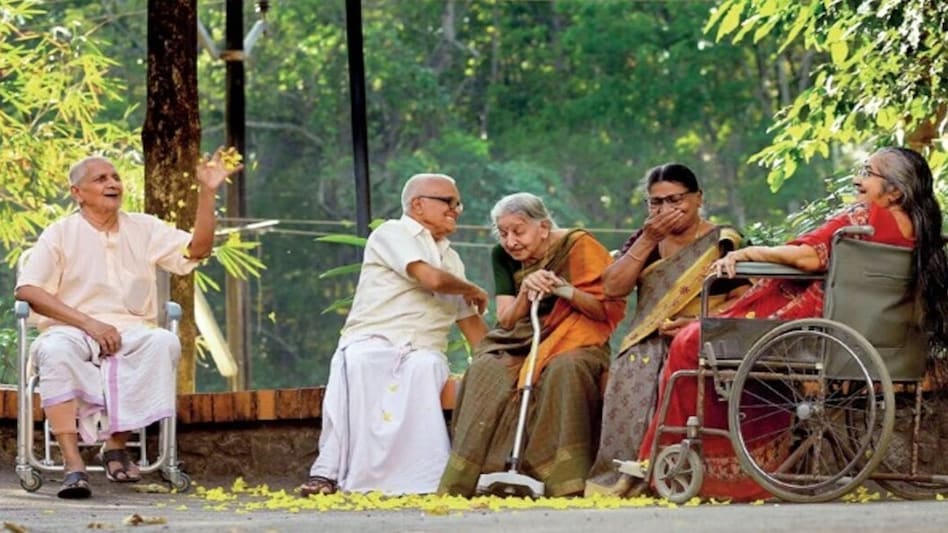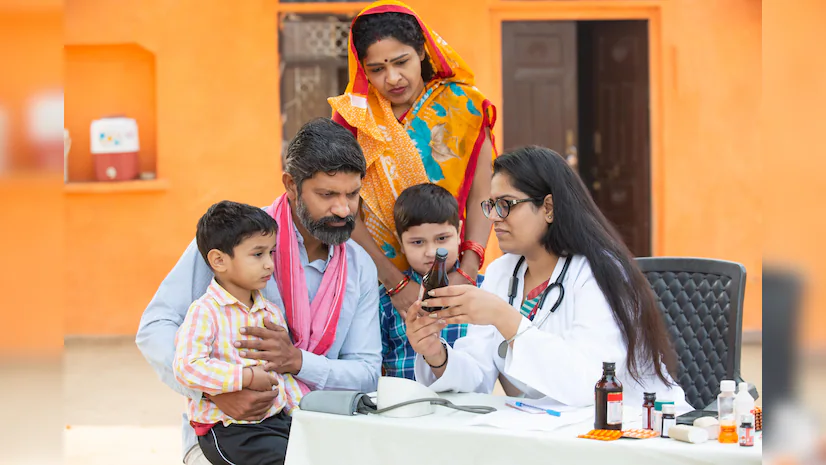Senior Addiction India

Substance abuse is often viewed as a problem of the youth, but a growing and largely overlooked demographic is quietly suffering—India’s elderly. As life expectancy rises and the elderly population expands, the issue of senior addiction India is gaining visibility. Older adults struggling with alcohol, prescription drugs, or even opioids are often misdiagnosed or ignored due to social stigma, age-related health issues, and lack of awareness. Recognizing this, leading recovery centers like Prayasrehab, one of the best rehab centres in India, are beginning to develop specialized programs aimed at supporting seniors in overcoming addiction with dignity and care.
Understanding the Rise of Senior Addiction in India
According to the Longitudinal Ageing Study in India (LASI) conducted by the Ministry of Health and Family Welfare, over 7% of elderly Indians report regular alcohol use, and a growing number rely on painkillers, sleeping pills, or anti-anxiety medications without proper medical supervision senior addiction India. However, the true scale of senior addiction India is underreported due to societal taboos, lack of routine screening, and misinterpretation of symptoms as “normal aging.”
Several factors contribute to substance use in older adults:
-
Retirement and loss of routine
-
Bereavement and loneliness
-
Chronic pain and mental health issues
-
Easy access to prescription drugs
-
Lack of familial support
These challenges make seniors particularly vulnerable to developing dependencies, often without family members or doctors noticing until it’s too late.
Common Substances Abused by Indian Seniors
Unlike youth, who may misuse stimulants or party drugs, elderly individuals tend to abuse more “legal” substances. The most common substances in senior addiction India include:
-
Alcohol: Often seen as harmless due to cultural normalization but dangerous due to aging organs and medication interactions.
-
Opioids and painkillers: Prescribed for arthritis or surgeries, these can quickly lead to dependence.
-
Benzodiazepines: Medications like alprazolam or diazepam, often prescribed for insomnia or anxiety, carry a high risk of dependency.
-
Over-the-counter sedatives: Many seniors self-medicate without understanding side effects.
For more detailed data, refer to WHO’s Ageing and Health Report and how aging populations are increasingly vulnerable to health mismanagement.
Challenges in Diagnosing and Treating Senior Addiction
Identifying senior addiction India cases is more difficult than with younger people. Symptoms like confusion, fatigue, falls, memory issues, or weight loss are often attributed to age-related decline or diseases like dementia. As a result, addiction can go undetected for years.
Barriers to treatment include:
-
Stigma and denial: Seniors may feel shame or fear judgment.
-
Limited access to rehab facilities: Most rehab programs cater to younger demographics.
-
Coexisting health conditions: Diabetes, hypertension, or cardiac problems make detox and recovery complex.
-
Cognitive decline: Affects treatment adherence and communication with therapists.
The Role of Family and Caregivers
In the Indian context, the family remains the primary caregiver for older adults. However, many families are unaware of the signs of senior addiction India, or they downplay it as a “harmless habit” given the person’s age. Caregivers must be educated to recognize warning signs such as:
-
Sudden mood changes or aggression
-
Excessive sleep or insomnia
-
Hidden alcohol bottles or empty pill packets
-
Refusal to eat or participate in activities
-
Frequent unexplained falls or accidents
Awareness can prevent escalation and facilitate timely intervention.
For caregiver support, organizations like HelpAge India offer valuable resources and elder-care guides (visit HelpAge India).
Specialized Rehab Programs for Seniors
Recognizing the need for age-specific recovery, centers like Prayasrehab have started tailoring their care plans to address senior addiction India effectively. These programs include:
-
Gentle detox procedures that account for organ health and slower metabolism
-
Counseling adapted for cognitive limitations, including shorter sessions and simplified instructions
-
Therapies for grief, loneliness, and trauma, which are common in older adults
-
Nutritional rehabilitation and physiotherapy to rebuild strength
-
Family therapy and aftercare planning for reintegration into home life
What sets Prayasrehab apart is their compassionate and respectful approach toward elderly patients—recognizing their life experiences and treating them with the dignity they deserve.
The Importance of Holistic Treatment
Treating senior addiction India requires more than just detoxification. A holistic approach can make a lasting difference. Successful programs incorporate:
-
Yoga and meditation to reduce stress and promote mental calm
-
Art and music therapy for emotional expression
-
Peer group support from other seniors going through recovery
-
Routine-building to instill a sense of purpose and normalcy
These interventions ensure not just sobriety, but a better quality of life.

Policy Interventions and Public Health Action
India lacks a senior-specific national addiction policy, but experts are pushing for the inclusion of elderly care in the National Action Plan for Drug Demand Reduction (NAPDDR). Public health campaigns should also incorporate messages tailored to older adults, moving beyond youth-focused narratives.
Policy recommendations include:
-
Mandatory substance-use screening in geriatric checkups
-
Training general physicians in geriatric addiction care
-
Subsidized rehab options for elderly citizens under government healthcare schemes
You can follow updates from the Ministry of Social Justice and Empowerment here.
Conclusion
The silent crisis of senior addiction India demands urgent attention. While progress is being made, especially in centers like Prayasrehab, much more needs to be done at the societal and policy levels. Elderly Indians deserve the right to age with dignity and health, free from the grip of substance dependency. By raising awareness, building targeted care systems, and breaking the stigma around elderly addiction, we can ensure a better future for one of our most vulnerable and respected populations.